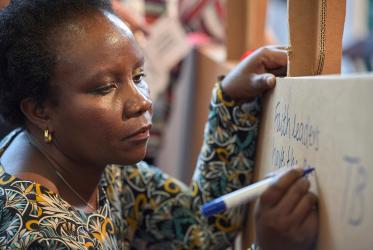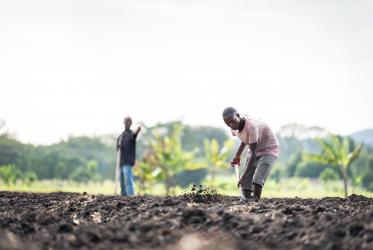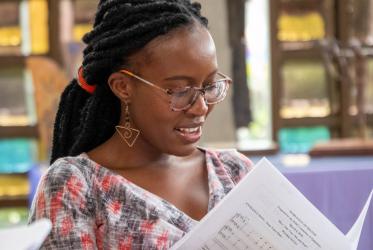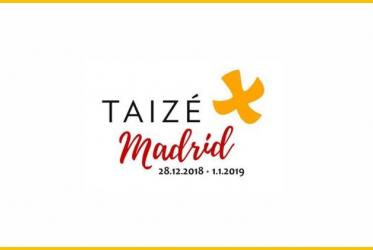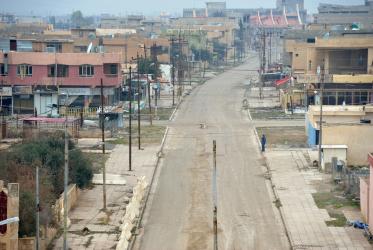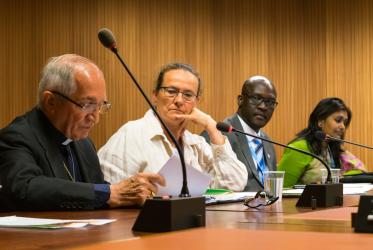Displaying 1 - 19 of 19
28 March 2024
Pandemic and pedagogy: what are the valuable lessons?
21 December 2022
Scottish and UK religious leaders call for urgent climate action
20 September 2021
WCC sends greetings as Taize youth reflect on hospitality
27 December 2018
When you have nothing, you give your heart
09 May 2018
Applications open for WCC Eco-School
10 May 2017
WCC conference explores ecological injustice in Uganda
21 April 2016
“European solidarity must be strengthened”
29 October 2015




